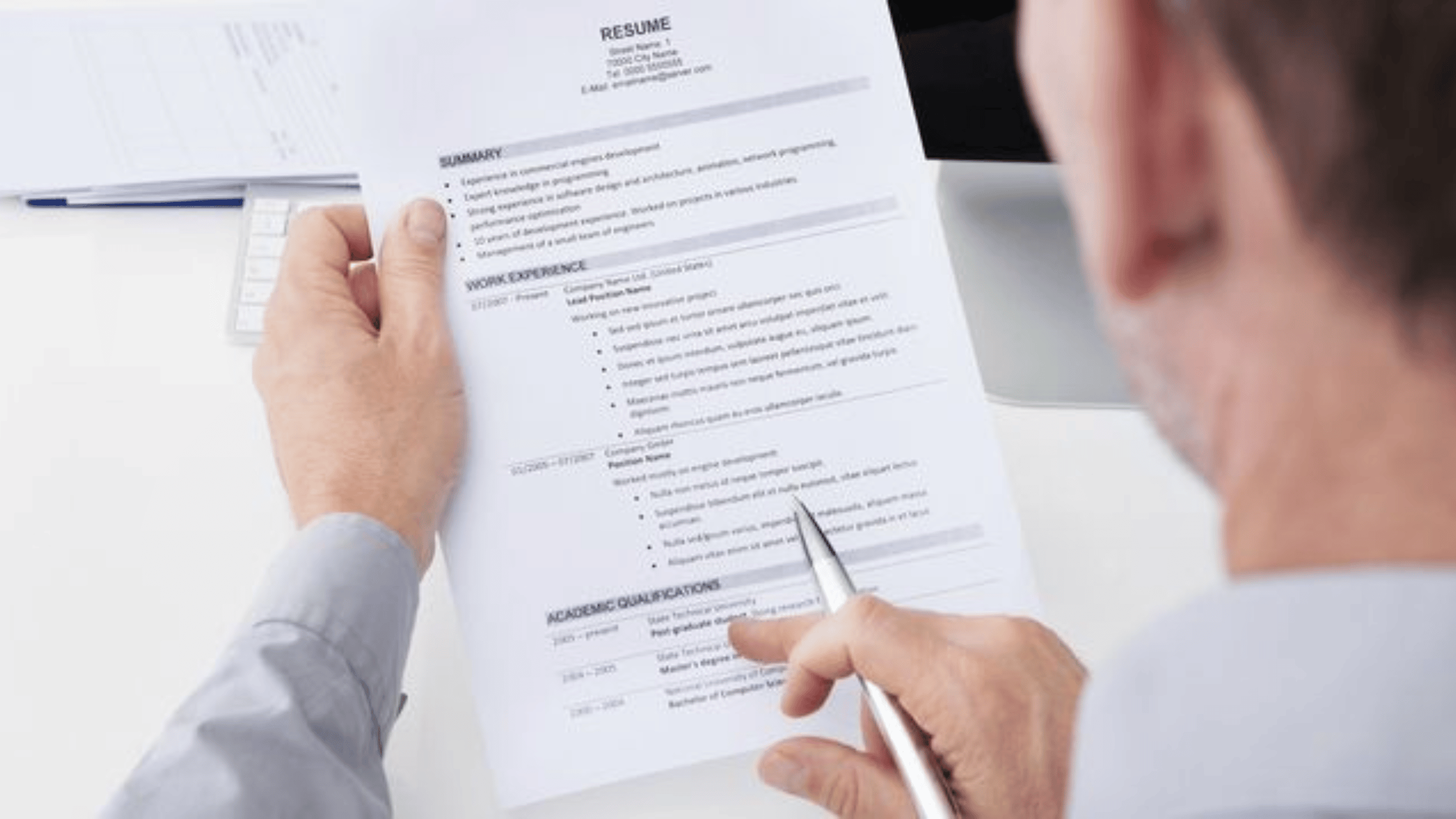Top 10 questions to ask an interviewee

When it comes to job interviews, preparation is key. But, that doesn’t just apply to the candidate—it’s equally important for you as the interviewer.
This conversation is your chance to determine whether that applicant is a solid fit the position, your team, and your company in general. However, that information is really only revealed if you know the right questions to ask an interviewee.
So, what should you be sure to ask? Here are 10 good interviewing questions to put to work in your next sit-down with a potential employee.
- What one skill makes you the most qualified for this position?
While things like culture fit are important, your focus first and foremost is to find someone who possesses those necessary cut-and-dried qualifications to fill that open position.
That’s why a question like this one is so important. Not only do you get to hear more detail about what that candidate considers to be his core competencies, but it’s also a chance to confirm that he has the appropriate understanding of everything the role entails.
For example, if he touts a skill that’s impressive—but totally irrelevant—that’s a red flag that you’re not on the same page about the major duties of that job. - To date, what professional achievement are you most proud of?
Candidates show up to interviews with a goal of impressing you. So, chances are, that applicant is armed and ready with a few major accomplishments up her sleeve.
Whether it’s an award, a certification, or a big project that went exceptionally well, asking the interviewee what in her professional history she’s proudest of will give you a better sense of where her strengths really lie.
Plus, this question offers the chance for her to expand on something she feels good about—which can ease her nerves and help to boost her confidence going into the rest of the interview. - Can you tell me about a time when you overcame a challenge?
You know that most job seekers absolutely dread these behavioral interview questions. But, that doesn’t change the fact that they’re an effective way for you to gain a better understanding of how that person’s experience translates from paper to the real-world.
This specific question is a popular one, and for good reason. Starting a new job isn’t a walk in the park. And, even after that new employee is established, he’s bound to deal with some roadblocks every now and then—whether it’s a conflict within his team or a project he doesn’t quite know how to get started on.
Getting a grasp on how that person copes with—and, more importantly, tackles—difficult circumstances will help you zero in on the very best fit for that open role. - How would you describe your own working style?
While you don’t want to build a completely homogenous team, you do need to make sure that new additions are able to work in a way that doesn’t throw a major wrench into the way things already operate.
For that reason, it’s important that you ask each candidate about her working style. Does she take a really collaborative approach or would she rather work independently? Does she perform well with a lot of direction or is she more of a self starter?
This insight into how each applicant prefers to handle his or her work will be invaluable in determining not only the right match for that job—but for the entire team. - What three words would you use to describe your ideal work environment?
In a similar vein, it’s smart to ask what that candidate prefers in terms of atmosphere to ensure you find someone who can not only survive—but thrive—in your existing culture.
Perhaps he states he likes a quieter environment with lots of heads-down work. If your office is extremely fast-paced and high-energy, that could cause some friction. Or, maybe he explains that he prefers a lot of structure and predictability—which there isn’t a lot of in your laid-back startup where everybody wears a lot of hats.
For better or for worse, this question will at least help you determine whether or not that applicant would feel comfortable in the work environment you’ve already fostered. - If hired, what is the first thing you would tackle in this position?
This is a great question to ask in a later interview round, when you’re choosing between the final candidates that you’ve narrowed down.
This one is effective for a couple of reasons. First, it’s yet another opportunity to confirm that the interviewee has the right understanding of all that position will be responsible for. Secondly, it gives you the chance to understand her priorities. What does she believe should be at the top of that position’s to-do list?
Last but not least, a question like this one means you can extend beyond the generalities that often come along with interviewing and get some insight into how that candidate would actually perform in that role. - Why are you leaving your current employer?
Here it is—yet another question that is sure to make every job seeker cringe. Nobody wants to seem like they’re bad-mouthing a previous boss or employer, which makes this one tricky for applicants to answer.
However, posing this question will give you some greater insight into that person’s professional history—as well as help you to identify any red flags (ahem, complaining endlessly about his boss, for example) that might indicate that candidate isn’t the best one for the job. - What one skill would you like to improve and what’s your plan for doing So?
If you’ve previously been relying on that cliché “what’s your biggest weakness” question, give this one a try instead.
Rather than asking an interviewee to point out her flaws and poke holes in her own candidacy, you can turn the tables by focusing on areas of improvement.
Additionally, the second half of this question gives that applicant a chance to redeem herself, so to speak, by explaining what action plan she has for continuing to grow and develop within her own field. - What excites you most about this position?
Skills can be taught, but there’s one thing that can’t be: enthusiasm. When an interviewee is truly excited about an opportunity, that typically translates into excellent work and greater longevity with your company.
Ask that potential employee about what initially attracted him to the position. What makes him most excited about the prospect of working there?
Doing so will not only once again confirm his grasp of the duties of the role, but also give you a chance to figure out what aspects of the job interest him most. - What do you like to do outside of work?
This isn’t one of the most common interview questions. But, it’s important to remember that you’re hiring an entire person. You want someone who will be able to connect with you and your team—not a robot who is incapable of forging bonds, sharing interests, and building relationships.If you feel uncomfortable asking a question like this one in the formal setting of the actual interview, work it into small talk before or after your sit-down. You’ll have the opportunity to connect with that candidate on a more personal level, while also getting a more holistic view of what makes her tick.
While the job seeker is on the far more nerve-wracking end of the table, job interviews are enough to inspire some anxiety in you as well. You want to make sure you ask the right questions to really zone in on the best candidate for that open job.
While there are plenty of interviewer tips out there, you want to have some handy prompts in your back pocket that you can use to get the most valuable information out of that short conversation. So, remember these 10 interview questions to ask, and you’re that much more likely to find the perfect fit.



